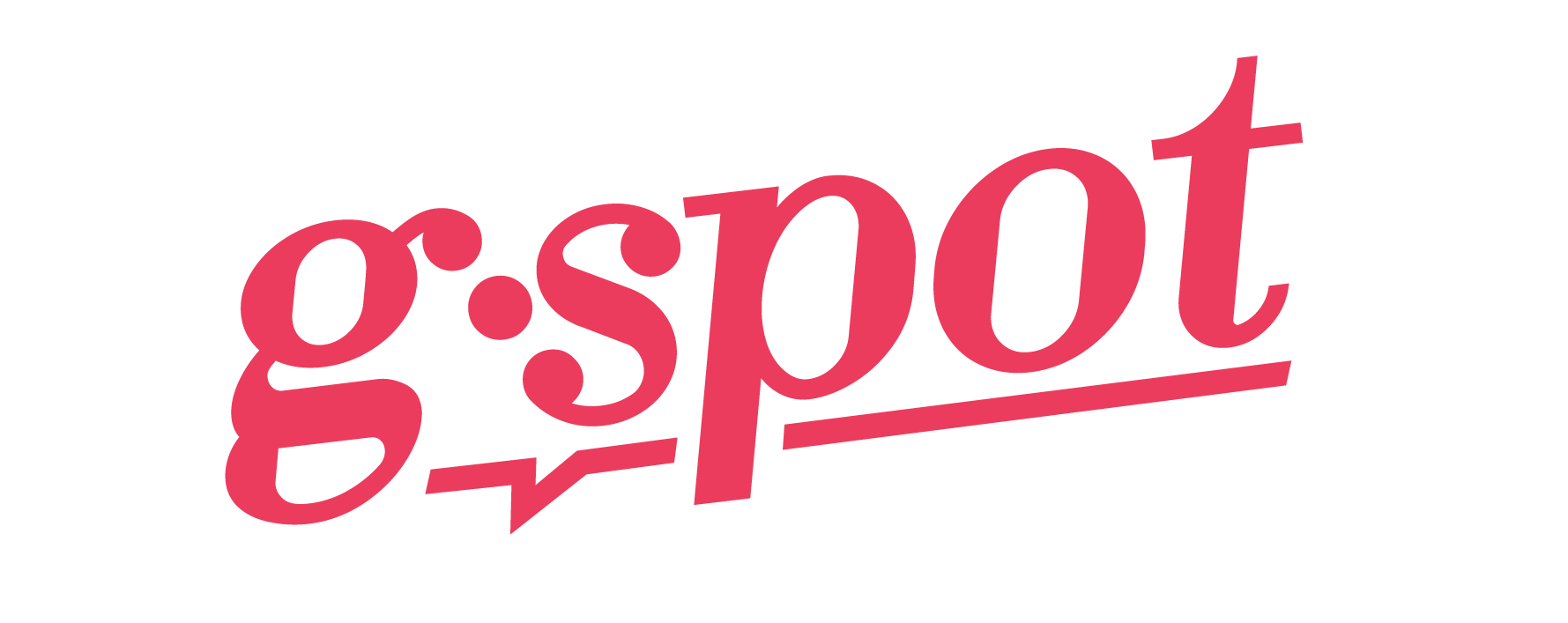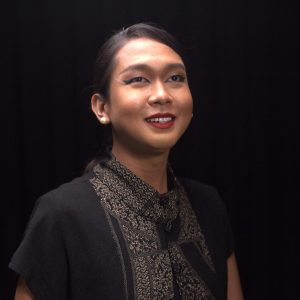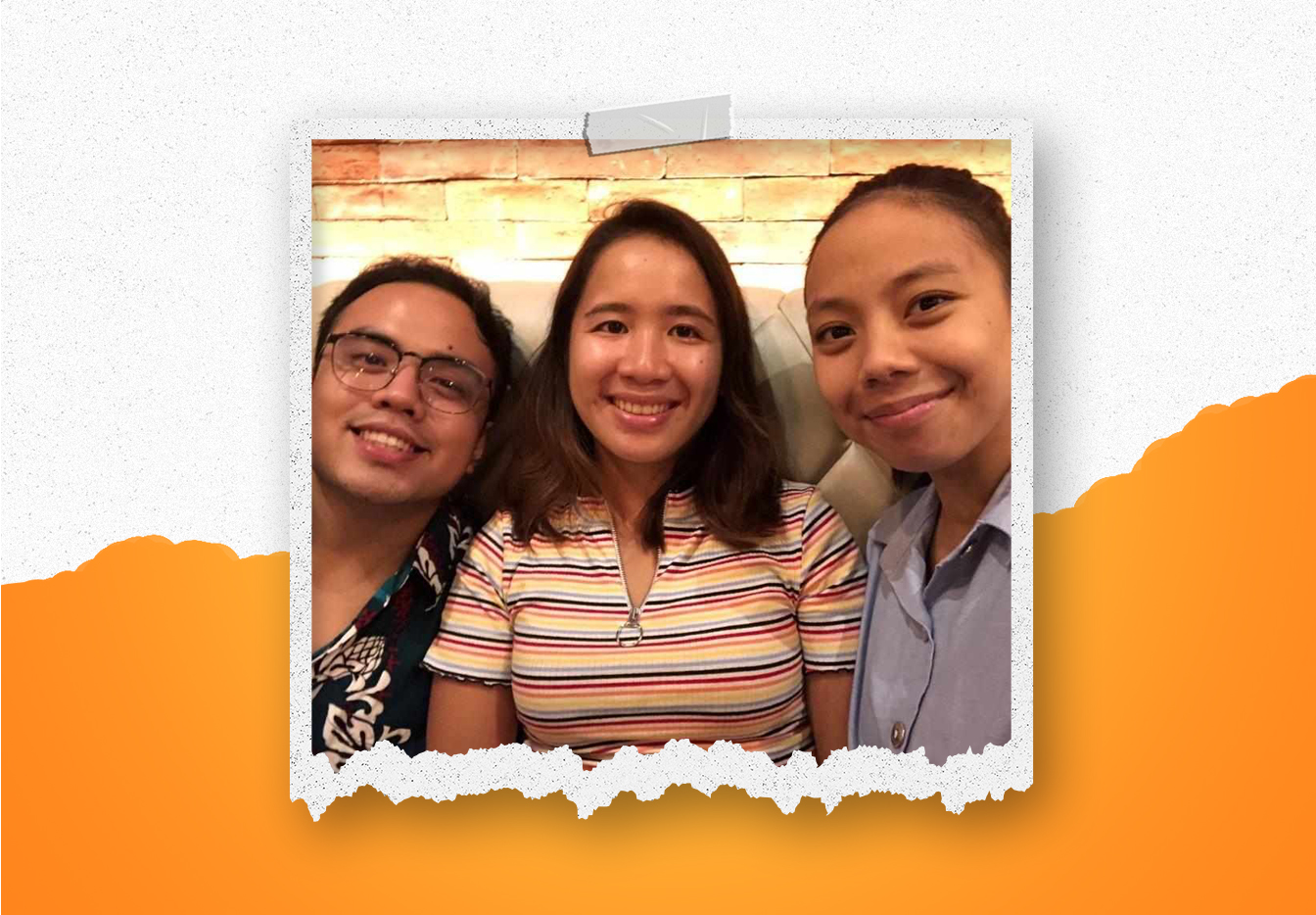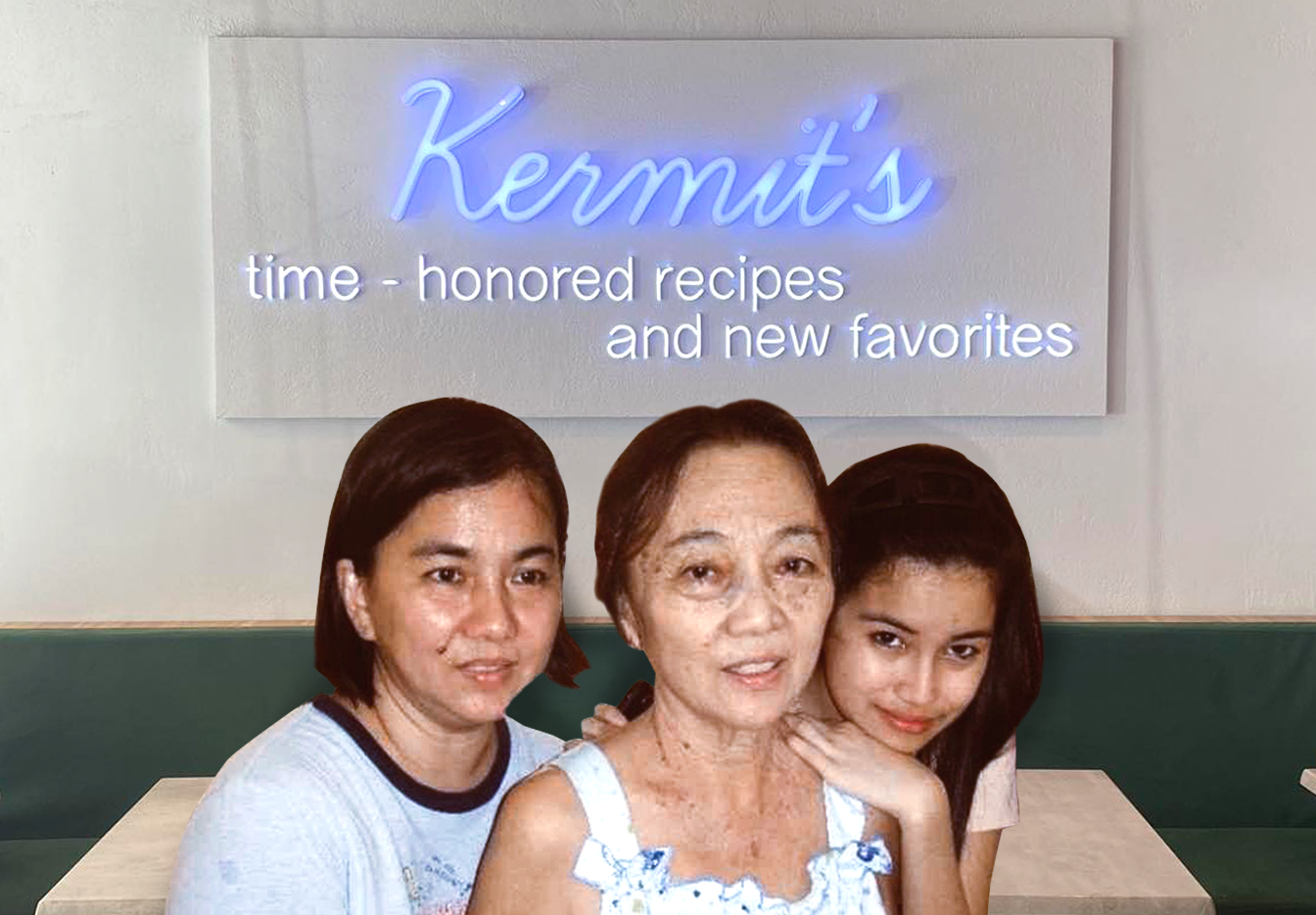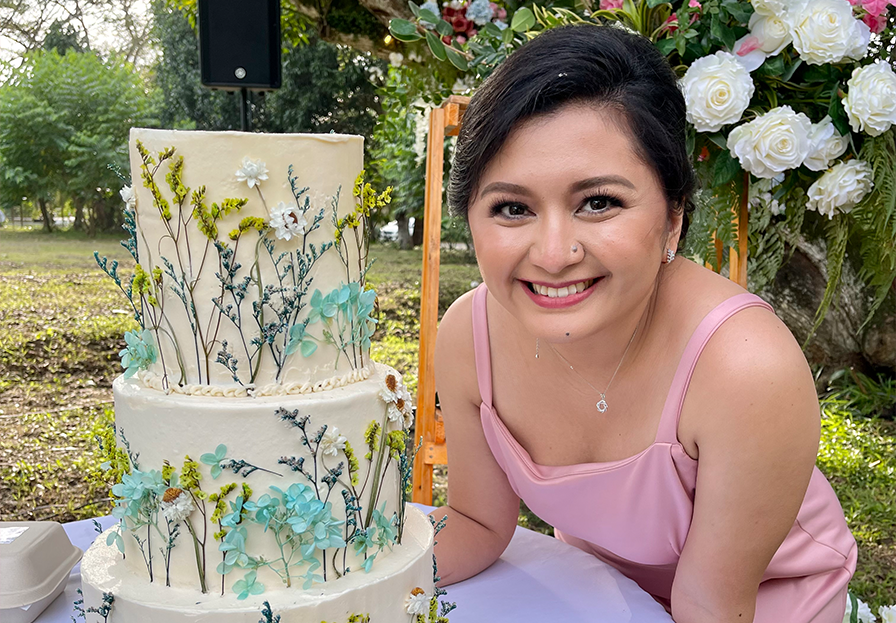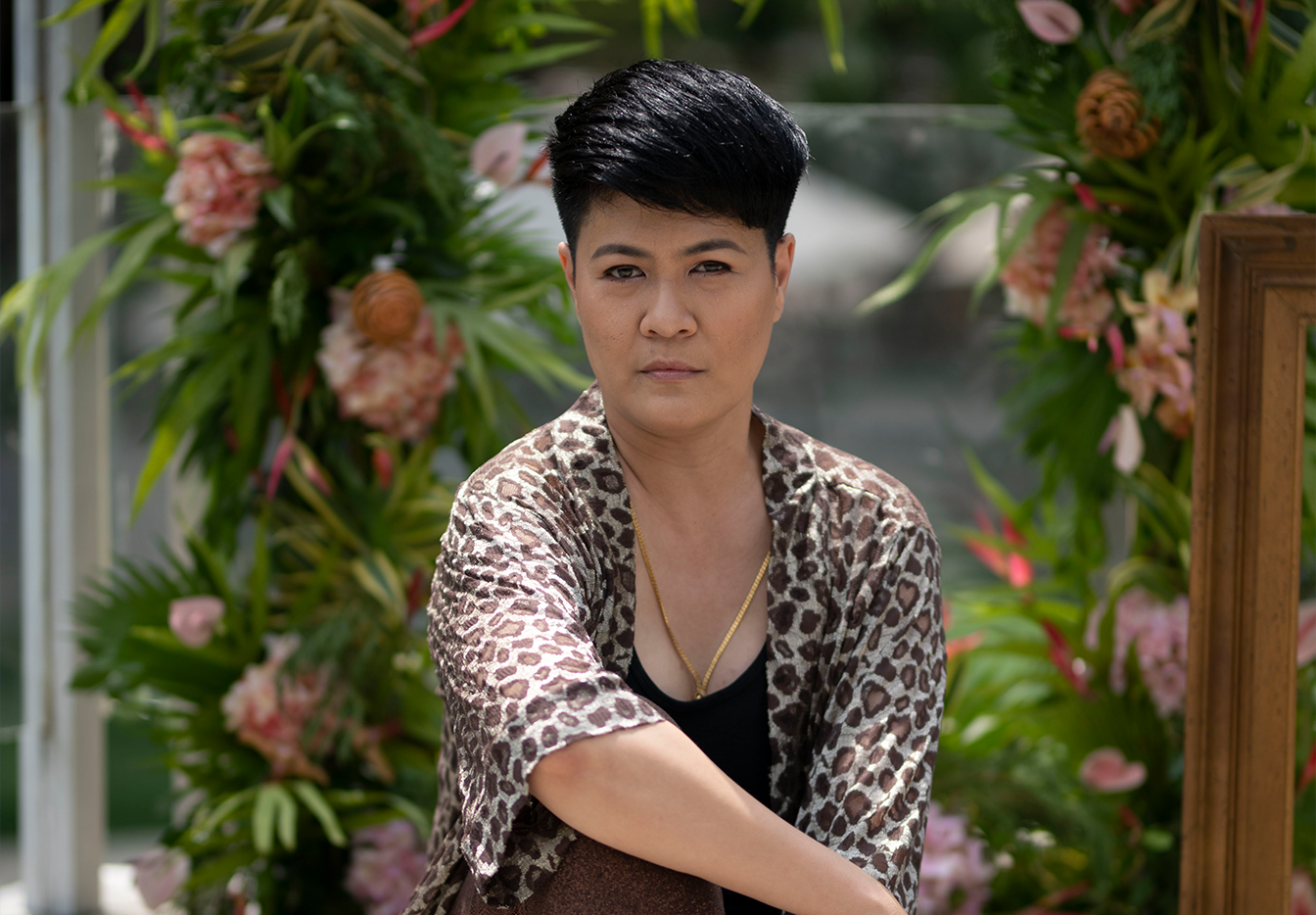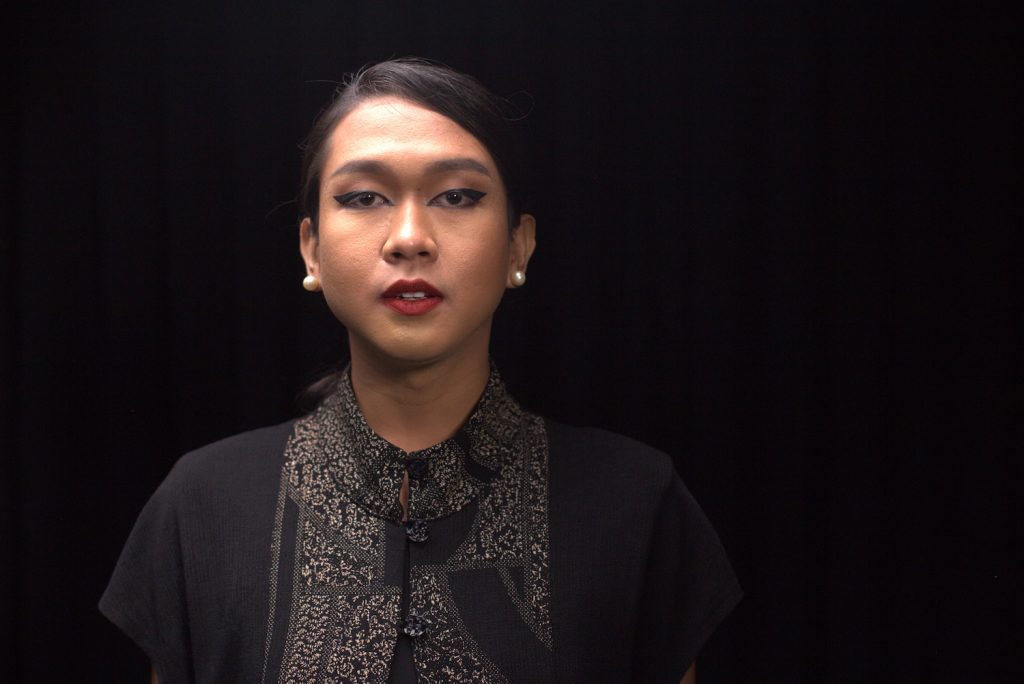As the old Spider-Man adage goes, “With great power comes great responsibility.”
Since catapulting to fame with her digital series Laysho Ka Di, Alem Garcia has used her platform to educate people about the ever-growing dynamics of the LGBTQ+ community.
g.spot sits down with Alem to talk more about her journey of being a trans woman.
g.spot: When did you first feel like you were a woman?
ALEM: It was very evident ever since I was young. However, because I don’t understand things yet I went to different phases of understanding things and what’s special inside me.
When I was young, when I would be with my playmates I always said that I want to be a warrior but I am a queen warrior, so that is an indication of something already. When I started performing in grade school, I felt very insecure, not because I felt like I was deserving of the chance to perform in front of everyone, but I felt like I wasn’t showing my real self to the audience. Every time I sing this song, every time I hit that note, every time I joined competitions, I felt something was lacking and I didn’t understand it.
I couldn’t explain it, but that gave me discomfort not knowing that it was actually something I just didn’t know how to call it—something inside me that later on would transform me into the woman that I am now.
Mao na siya, I was ever since I was young I always wanted to be a strong feminine symbol.
g.spot: What kind of hardships do trans people experience?
ALEM: Working in the industry of social media, there is a culture and there is a system that suggests that people should fit into certain stereotypes and certain molds. There is a need to stereotype for people to identify someone or something.
That’s the greatest challenge, and that includes the representation of the LGBTQ+ community in general. You have to be ultra mega feminine to call yourself a woman, You have to be this because this is how you portray yourself.
People ask about having to stereotype so they can identify you to something, but they don’t know how much that takes the power away from someone. When in fact, that someone doesn’t want to fit a mold because there are things they can do that are not usually portrayed.
Sometimes, because of these portrayals, because of these representations, because of the stereotypes, these become reality to a lot of people. That generates a system of misinformation and judgment, so the potential of a transwoman is caged.
g.spot: What do you wish people understand about you?
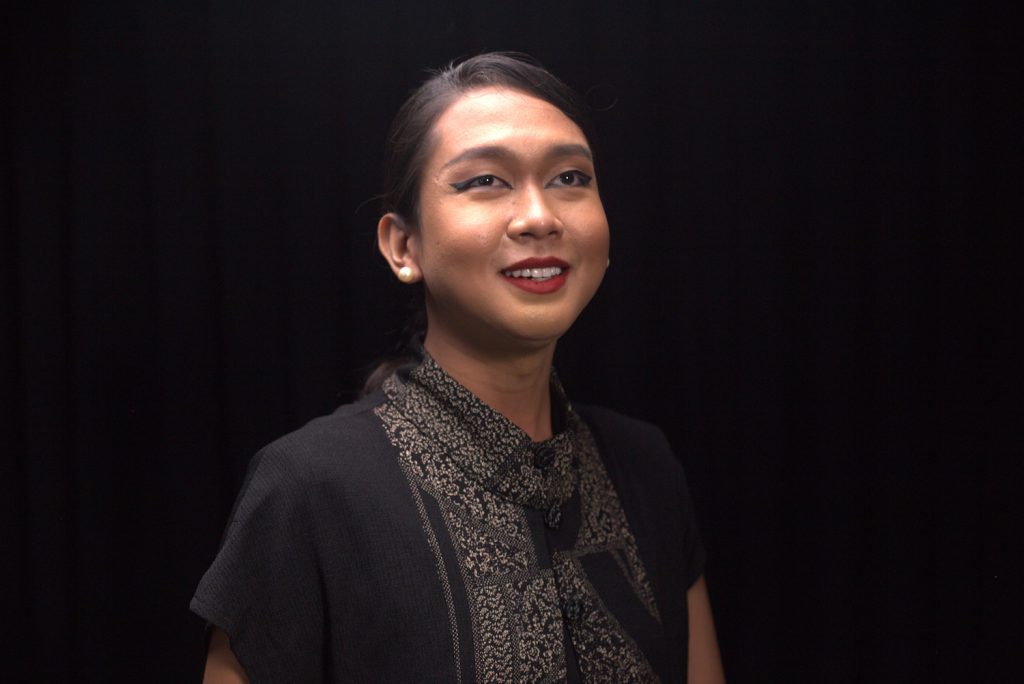
ALEM: You don’t need to fit into a certain mold or certain stereotype to represent yourself. You can be anything and anyone you want without fitting into a mold because you are created uniquely and you are your own being and you are your own identity. You can’t just be someone because you are another someone too, and I wish people understand that.
g.spot: What is your message of encouragement to women and women-allies?
ALEM: There are situations that call for us to understand and to even educate ourselves even more. There are happenings in this universe that we cannot explain and that doesn’t mean that ‘di nato sabton ang butang butang.
My message, simple lang: We’re facing a big problem and that is a system. A system that generates stereotypes, a system that generates biases, a system that cages people’s potential. We have to break that. We have to break the bias.
